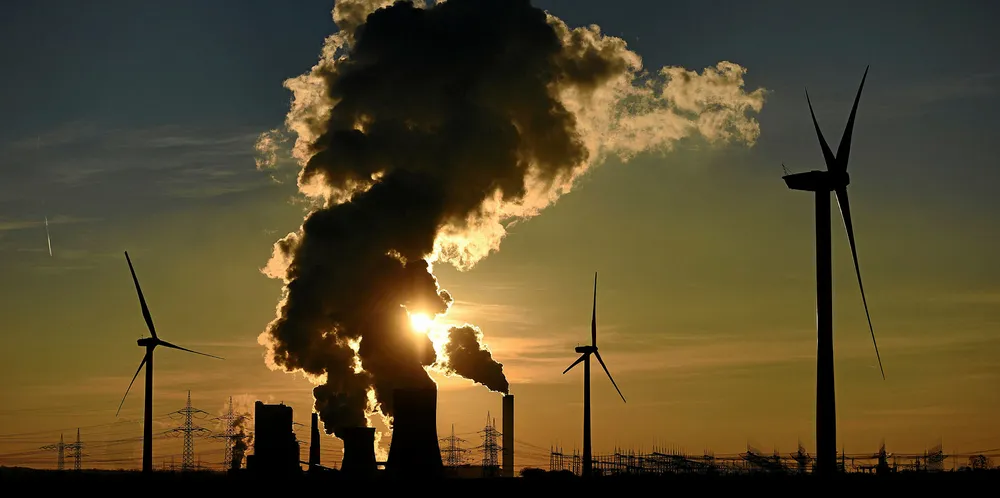Zero-carbon Europe ‘needs €400bn spent on renewables by 2040’
Aurora report forecasts 400GW in new clean-power plant added but decarbonisation hinges on ‘as-yet-unavailable’ technologies

Aurora report forecasts 400GW in new clean-power plant added but decarbonisation hinges on ‘as-yet-unavailable’ technologies
